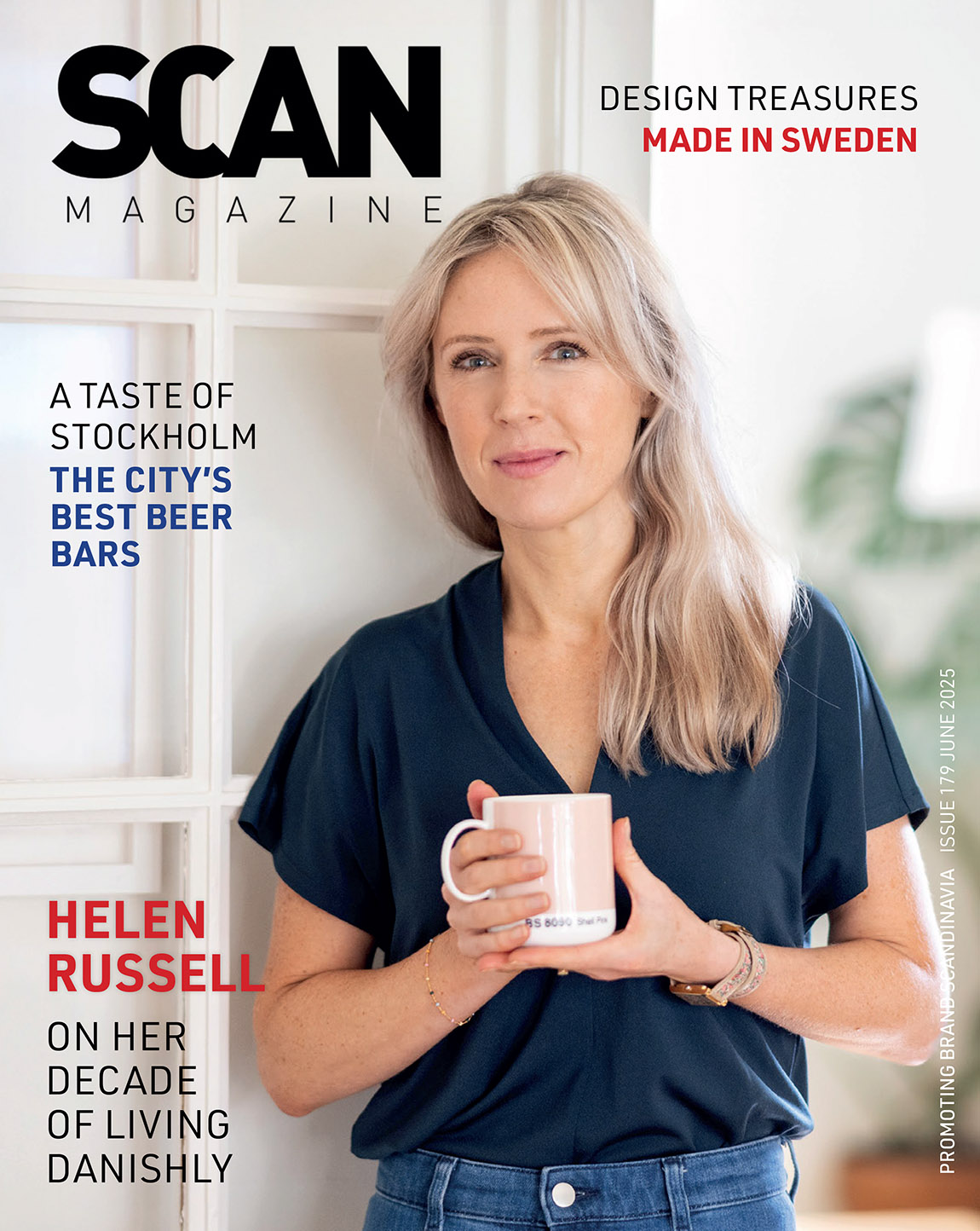Hildur Guðnadóttir: Breaking the glass ceiling

Hildur Guðnadóttir is just about to take the stage at London’s iconic Organ Reframed – a two-day international festival in the glorious surroundings of Islington’s Gothic Union Chapel. It is a surprisingly intimate venue for a musician currently making headlines in Hollywood but, then again, the Icelandic cellist has never been content to blindly follow the score.
Although fans will have to wait until October 2019 to see Joaquin Phoenix in Joker, Hildur Guðnadóttir is already busy at work composing the soundtrack for the hottest comic book movie of the year. While no stranger to the world of film, having worked on Sicario: Day of the Soldado and Mary Magdalene, Joker catapults Guðnadóttir firmly into the big league. It also makes her the first woman to score a live-action DC Comics film.
Growing up in a family of musicians – dad was a composer, mum an opera singer – may have ignited the spark, but it was curiosity that, she says, kept her music evolving. “I was trained classically, but I was never really comfortable with the idea that there is a right or a wrong way to do music. Those sorts of ideas stand in the way of musical expression for me. Luckily, I got an outlet for my curiosity and my need to experiment by joining bands. Then, in my late teens, I started to bring my cello into that setting, and everything started to make sense.”
Guðnadóttir’s music defies labels. She has written for TV and theatre and has four critically-acclaimed solo albums to her name. Many pieces have the reverential feel of church music. Others conjure images of machines and ships at sea. But beneath it all runs a very warm, human connection. “I always sang as a child, so my voice is important to me,” Guðnadóttir reflects. “The cello, too, is very close to the human voice range. When you play it, it lies on the chest and resonates with the heart and respiratory system. So I always feel that… there’s a sense of sound and breath in my music. But, the machinery… that’s harder to explain. A lot of my scores use amplified instruments. There are sounds that we perceive as cold, or even bad, and I’ve been working on ways of giving these things that don’t have breath – bringing them to life. That’s something that really interests me.”
There is a tranquil centre to her work too. Guðnadóttir’s music exudes a wonderful sense of peace. When asked if it is hard to keep that calm in the frenetic world of Hollywood, she laughs. “This year, I’ve been very conscious of my caffeine intake and my alcohol consumption! To survive, it’s something you have to be extremely alert about. But I’m someone who has always done a lot of yoga, and I meditate every day.”

UNION CHAPEL IS AN AWARD-WINNING MUSIC VENUE IN ISLINGTON, NORTH LONDON. EVENTS AT UNION CHAPEL SUPPORT THE CONSERVATION AND DEVELOPMENT OF THE BUILDING, PHOTOS © DANIELA SBRISNY
Onwards and upwards
So far, Guðnadóttir’s experiences of working on Joker have been incredibly positive. “I’m having a wonderful dialogue with the director and the music editor,” she comments. “When you’re working on your own, things take longer – you’re floating in space with that empty white page in front of you. Working on a film is more complicated, but it’s also a more supportive, linear process. And from what I’ve seen of the shooting so far, it’s incredible material and a really exciting project.”
Guðnadóttir says that “being European” meant that she did not fully appreciate how huge the DC universe was until the announcement was made. “I’m so interested in storytelling. When I read a book, I get so immersed in the characters, and when I get to the end, I always think ‘I’m going to miss this’. Working on a film is the same. You become very immersed in the world, but it’s just for a couple of hours. However, with something like DC, the universe has been created over decades. It has such a history and people feel so strongly about it – and that’s a very exciting thing to be involved in.”
Diversity in Hollywood is a hot topic. According to the Centre for the Study of Women in Television and Film, in 2014, only seven per cent of directors and five per cent of cinematographers were women. The statistics were even more depressing for female composers. Over the past three years, only one to two per cent of composers working on the top 250 box office films were women.
“There is,” Guðnadóttir says, “an extreme need for more women in the industry, and I’m really grateful to be part of that movement. I think there’s been a lot of change in the year after #metoo and a growing awareness of women’s positions and how we’re treated in the film industry. I felt it myself when I went to LA recently. There’s a huge difference in people’s general approach now. It’s been so needed – it’s about time – and I think it is actually happening. Change is coming. It’s really coming and that’s fantastic.”
Read more about Hildur Guðnadóttir and listen to her music at:
TEXT: PAULA HAMMOND | TOP-IMAGE © PRESS PHOTO
Subscribe to Our Newsletter
Receive our monthly newsletter by email





